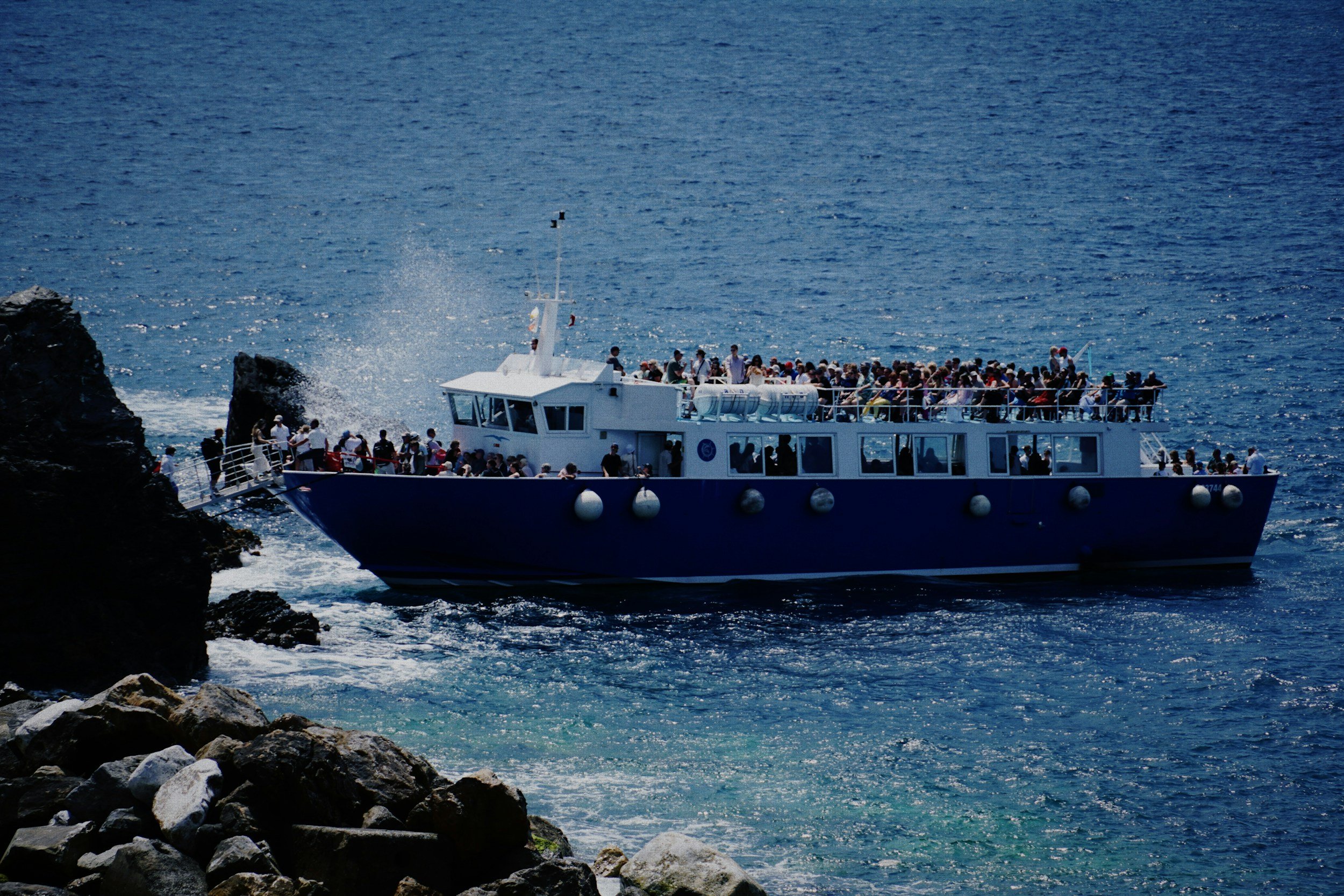Italian Prosecutors Wiretapped Journalists in Hunt for Sources
Prosecutors on Sicily probing sea rescue groups and charities for alleged migrant smuggling were also wiretapping reporters to find their their sources, and tracked journalists movements on their phones, an Italian newspaper said.
The report by the daily Domani also said among the conversations intercepted by investigators several years ago when the wiretaps were said to have been done were journalists for Catholic Italian media and RAI state TV.
The investigation was undertaken into the role of the groups and Libya-based humanitarian rescue organizations who saved thousands from drowning in the sea as refugees and migrants were trying to reach Italy.
The paper's report said prosecutors secretly recorded dozens of conversations between journalists and rescuers who were unaware their phones had been bugged, what lawyers and journalist groups said was one of the most serious attacks on media freedom in Italy's history.
The newspaper published the contents of a file assembled by magistrates containing transcripts of dozens of talks between at least seven reporters and their sources, in apparent violation of journalistic rights.
“Among the reporters whose conversations have been wiretapped, are journalists who have risked their lives to expose the tragedy in the central Mediterranean, or the torture of migrants,” Domani investigative reporter Andrea Palladino told the Guardian.
“This is a move that seriously jeopardizes the freedom of information,” he added of an unparalleled attempt to get at journalists and their sources of stories of groups aiding refugees and migrants, which authorities said was people smuggling.
As some governments are trying to spy on journalists to find the sources of stories embarrassing to them, reporters have turned to means other than phone conversations, including secure digital dropboxes, such as those developed by GlobaLeaks by an Italian team.
Primo Di Nicola, a Senator from the populist 5-Star Movement who is on a parliamentary oversight commission regarding RAI, said he proposed a bill to safeguard journalists from the wiretapping of calls with sources.
Former Italian government officials at the time of the taps were trying to prevent humanitarian groups from rescuing migrants in the central Mediterranean from traffickers’ unseaworthy boats.
Prosecutors in Trapani this month charged rescuers from charities including Save the Children and Médecins Sans Frontières with collaboration with the smugglers before the wiretaps were revealed.
The documents, the newspaper said, showed prosecutors secretly recorded conversations between reporters and charity staff about travel details and confidential sources that journalists used for their articles.
JOURNALISTS AT RISK
The National Italian Press Federation demanded to know who authorized it and said if the aim was to discover reporters' sources, then journalists' professional rights were violated.
“It would be very grave, if (the wiretapping) was a way to reveal their sources. Protecting sources is at the basis of journalists' work," Di Nicola said.
Andrea Di Pietro, a media lawyer and legal adviser for the Italian watchdog Ossigeno per L’informazione, told the Guardian the scandal was “one of the biggest attacks against the press in the history of this country”.
Di Pietro said it was not forbidden to wiretap journalists if they were suspected of committing crimes, “but in this case it sounds like the journalists concerned are not under investigation by the prosecutor’s office”.
“According to Italian law, wiretaps relating to conversations or communications of those people - such as journalists – who benefit from professional secrecy cannot be used,” he said.
There was no immediate comment from Italian prosecutors, who usually won't talk about investigations, whether the taps were lawful or if they had been authorized by any judicial authorities.
Among the calls was that of a journalist for the Italian Catholic daily Avvenire asking a source how to get a video showing violence against migrants in Libya, a key launching area for human traffickers sending rickety boats toward Europe.
Also allegedly tapped were phone calls between freelance journalist Nancy Porsia, said to have given prosecutors personal details and the names of her sources, Domani said.
Her movements were tracked using her mobile phone's geolocation device, giving officials her whereabouts in another intrusive measure.
In 2019, after she exposed the criminal activities of a human trafficker working for the Libyan Coast Guard, Porsia and another journalist, Nello Scavo from Avvenire, were given police protection.
Prosecutors listened to their calls, the report added, Scavo’s conversation recorded while he was talking to a source about how to get the video showing the violence, although his phone hadn't been tapped.
“I gave the authorities and police important information on the traffickers’ network, on their connivance with politics in Libya,” Porsia said. “But it is clear that, while I was giving them that information, they were intercepting my calls,” she also said.
She added: “The sad thing is that at that time, they knew my life was in danger after the threats from the traffickers and, instead of protecting me, they followed my movements.”

